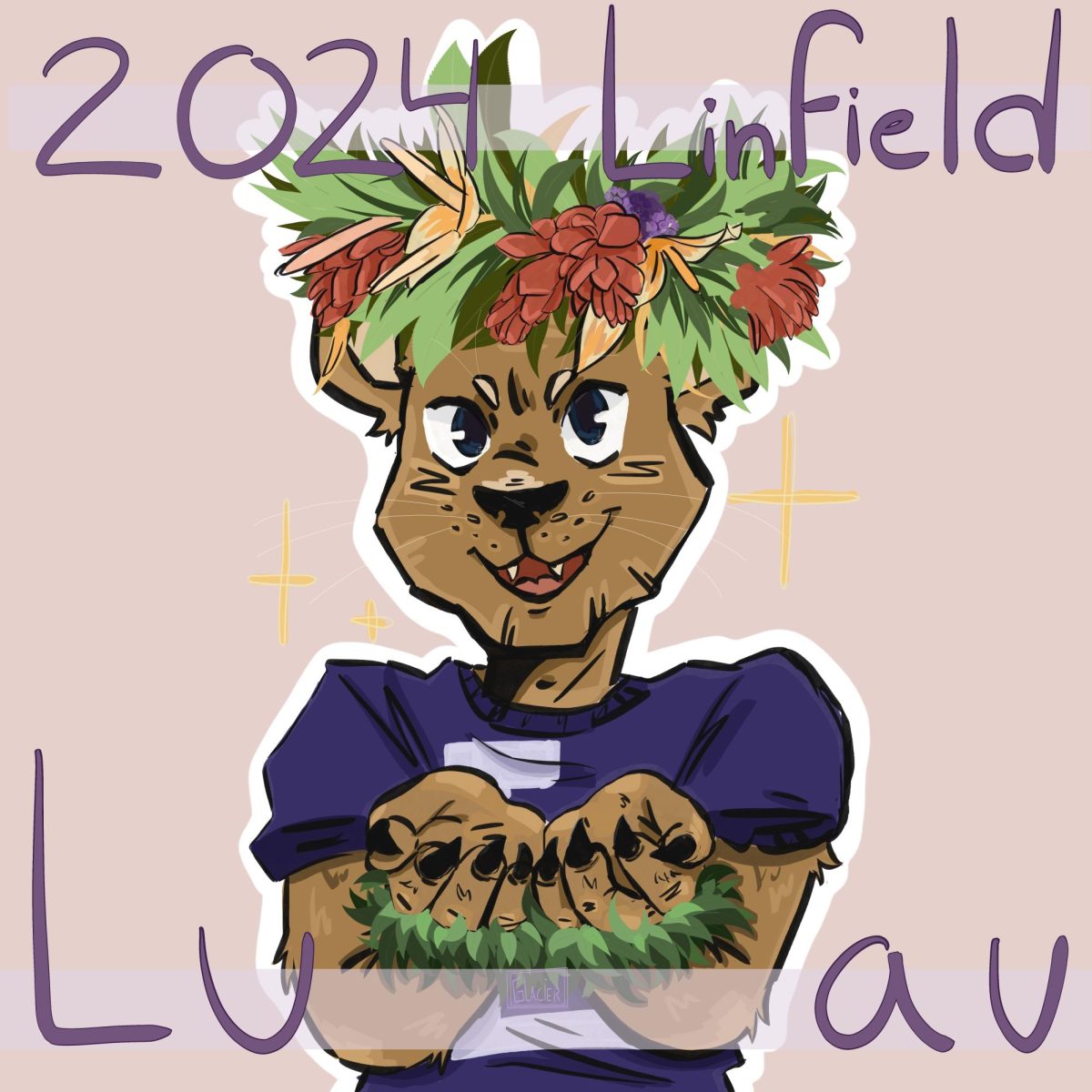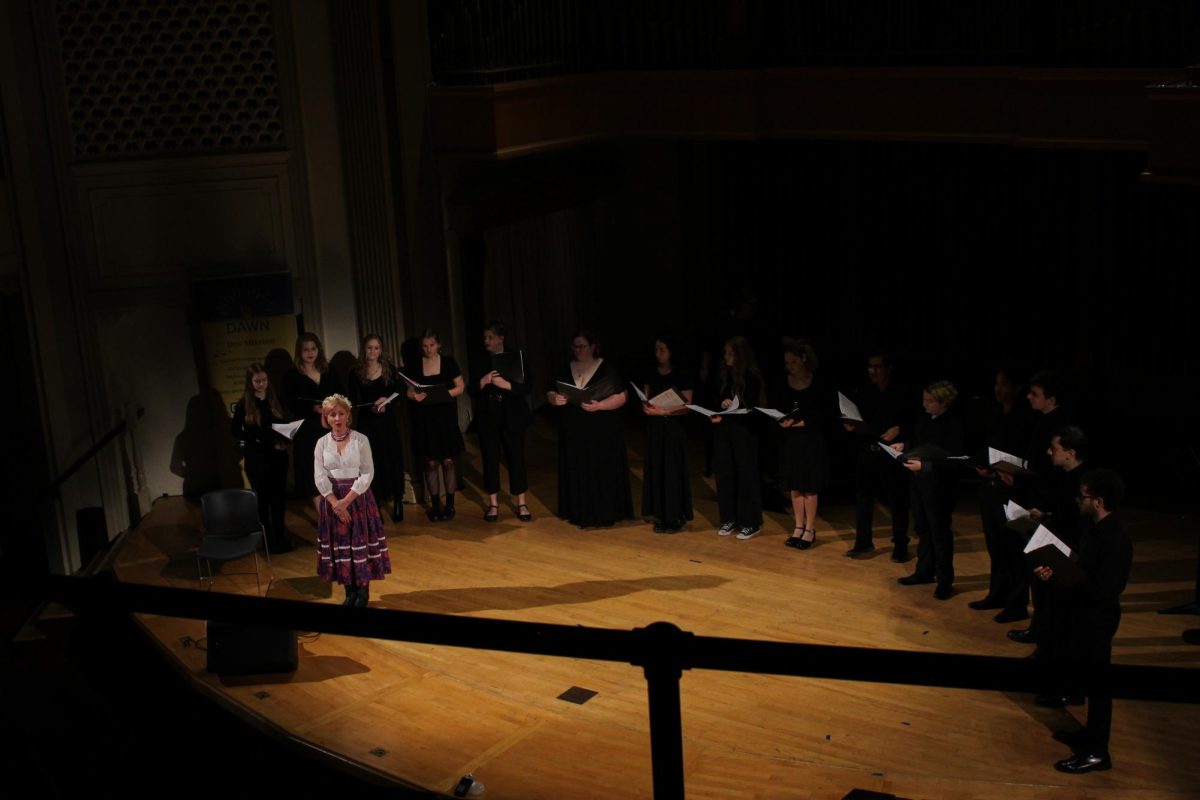After the recent uproar regarding The Onion’s offensive tweet about Oscar-nominee Quvenzhané Wallis, I am left wondering where the line is drawn in our controversy-driven culture for what is appropriate and inappropriate to say in the media.
I also wonder how these definitions influence our daily speech as products of a consumer society, especially on a college campus, where people of different backgrounds, experiences, prejudices and beliefs all interact. How can we respect our peers while still expressing ourselves?
Offensive and derogatory language is found everywhere in the media today. On any reality TV show, in any rap song and basically everywhere on the Internet, this kind of speech is advertised as a daily part of life. But is this really justified?
And when we as individuals repeat these words and sentiments, are we really agreeing with what is being said? I like to think of myself as a person with morals, but I’ll be the first to admit that my language isn’t always the cleanest. I strongly support women’s rights; however, at times, I’ve caught myself using words historically targeted at suppressing women. In fact, I use them a lot.
But when I say these things, it’s not with the intention of keeping my gender subordinated, or any group for that matter, I’m just mindlessly repeating words
I’ve heard over and over. Does the meaning behind the word change the way it should be interpreted, and if that is the case, how can we determine if a word is meant to incite, or is simply part of our generation’s way of expressing themselves?
One word I do not and will not use is the n-word. While walking around campus, however, even in a place like McMinnville, I hear it used all the time. While I can tell that the people saying it don’t mean it as an insult, does that make it any better?
Does our fundamental understanding of the history of that word mean nothing to us in a culture where we can hear the n-word used over and over in popular music being played on the radio [they do bleep it out, but come on, we all know the lyrics]?
Less than 30 years ago it was completely inappropriate to refer to someone by this word, but as the meaning behind it changed, so has the usage. In 30 years, will we all think it’s acceptable for the media to use the c-word to refer to a female, like in the case of Quvenzhané Wallis?
I’ve heard the argument that a new meaning can take away the insulting quality of a word, but can hundreds of years of oppression and mistreatment be forgotten so easily? Should we forget about this history?
Other words like retarded and gay, which have been changed from their original meaning to become something negative, are also a daily part of our lives. I can’t explain how infuriated it makes me when I hear someone use the word retarded. My cousin has William’s Syndrome, and while I know that usually the people who say “that’s retarded” are not evil, and do not believe my cousin is a lesser human being, it still disgusts me. I have many friends, neighbors and teachers who are homosexual, and the discrimination against them is, on all accounts, unjustified.
When we allow ourselves to repeat offensive language, either out of forgetfulness, altered meaning or simply for shock factor, we have to be responsible for the way others might interpret our meaning. I’m not saying that strong language is not, at times, justified, but if the backlash from The Onion’s tweet shows us anything, it’s that words can still make a huge impact on the people around us.
Olivia Marovich
Olivia Marovich can be reached at [email protected].






